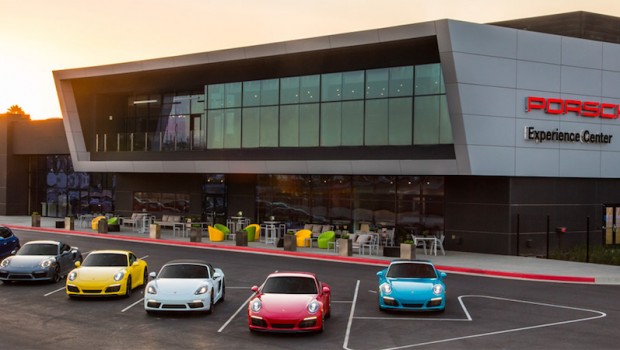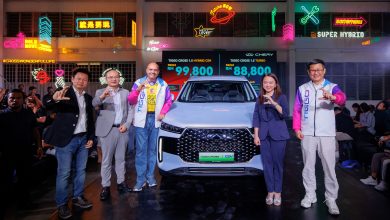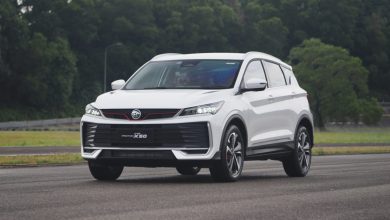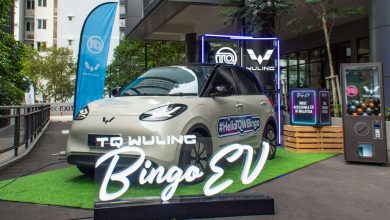Porsche Betting On Synthetic Fuels For Future Classic Cars

Synthetic fuels look to be the answer for Porsche to keep its older petrol-powered cars on the road in the future.
The future of cars looks inevitably to be skewed towards electrification. The big question mark however remains on what is to be done with the older petrol powered classics that many passionate owners are still keeping alive on the road today?

Putting legislation regarding petrol-powered cars aside in this argument and going back to what is taught in science class for a moment, as petrol (and diesel) are non-renewable resources, there will simply come a point some time in the future where there is no longer a practical way to get fuel any more. So when petrol stations do eventually run dry, what can be done then to keep the wheels turning on these moving pieces of history?
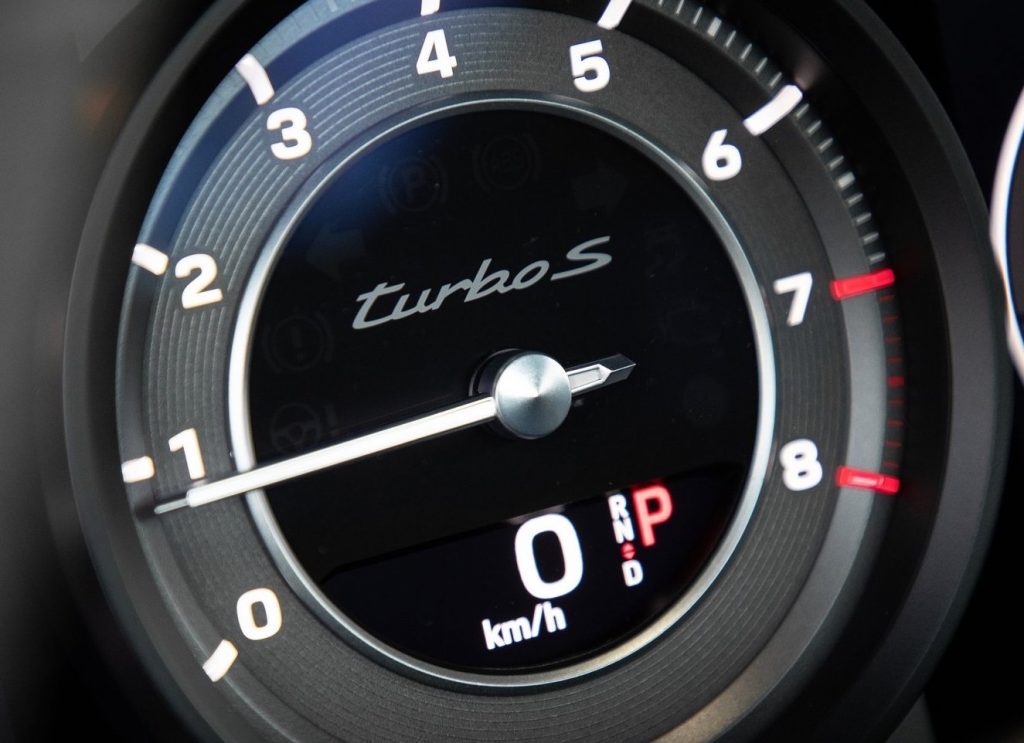
Some of these classics of course will have had an electrified heart in place of its original piston-powered one installed. This growing trend looks to only continue to boom with the myriad of electric conversions available these days. However, at risk of sounding nostalgic, many still considered these gas-guzzling engines to be a large part of the soul and charm of these cars. Therefore by replacing it with a sterile and efficient electric motor then somewhat removes some (or even most) of the appeal of these classics.
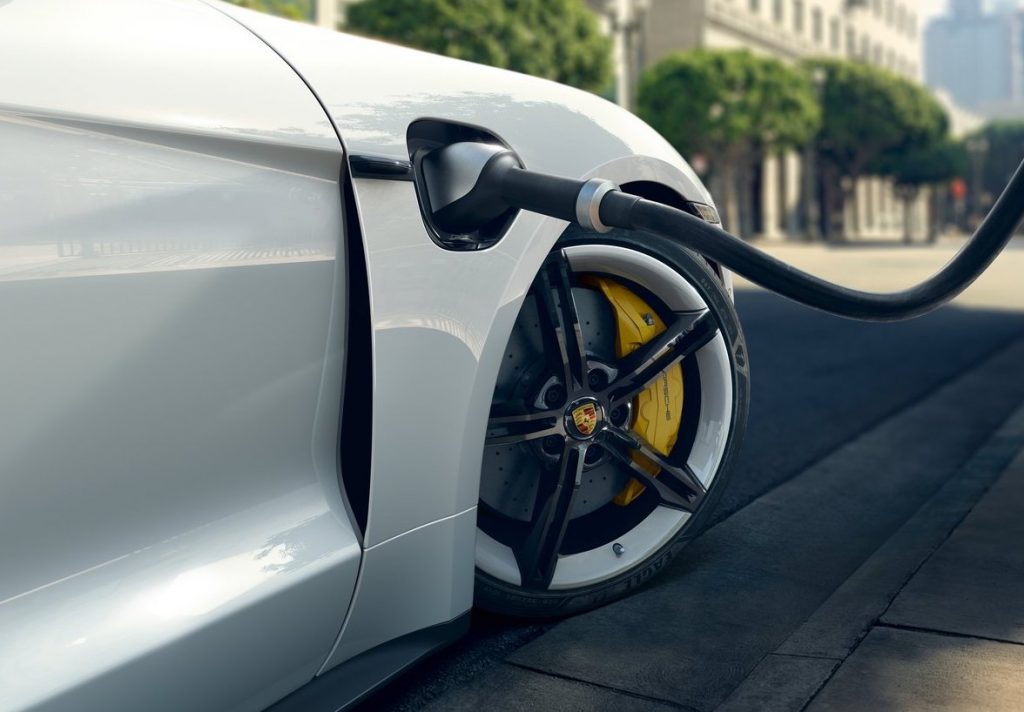
Happily however, Porsche might have the answer to keep these old petrol-powered hearts beating for years to come, and the way to do just that is with synthetic fuels.
To be dubbed eFuel, Porsche has recently announced a substantial investment into the research and development that these synthetic fuels, with the belief that this substance is to be the future juice for these older petrol-powered classics.
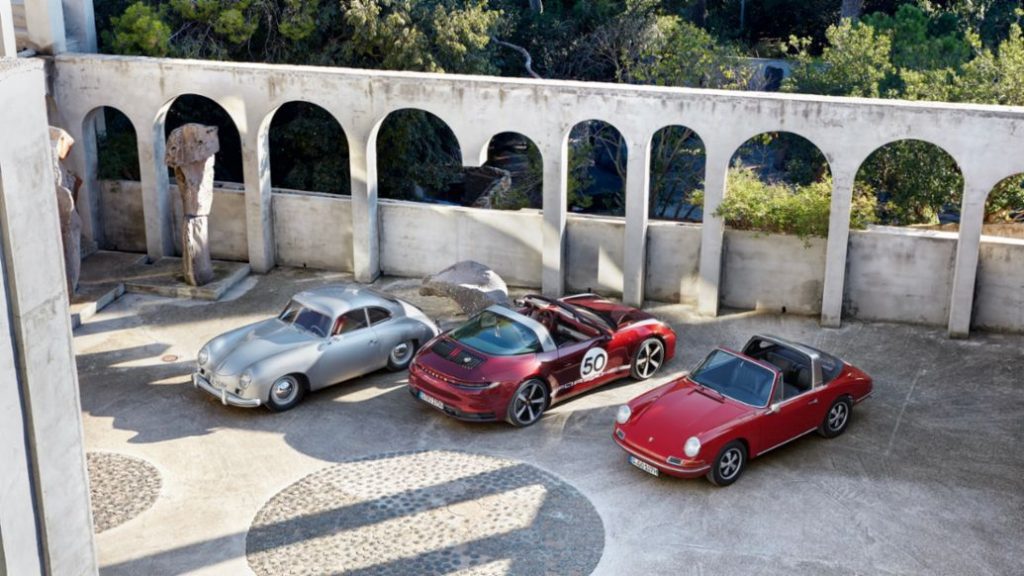
In very rough chemistry terms, this new synthetic fuel will be produced using hydrogen and carbon captured from the air to produce methanol, which is further transformed into a petrol substitute. Porsche claims that this eFuel will share its properties with kerosene, diesel and petrol produced from crude oil in its most basic term.
Much like combusting crude oil however, it is a plain fact that the burning of these fuels will inevitably mean that the tailpipe emissions will not be zero, unlike in a zero-emissions electric car. Furthermore, the elaborate production process of these eFuels will also probably mean that the entire emissions chain from production to combustion will probably be higher than of an EV.

Before all the climate activists are up in arms however, Porsche claims to be working hard at optimising production through renewable energy sources like solar or wind, to keep greenhouse emissions in check at the production end of things.
Moreover, while Porsche is still committed to the electrification of its lineup, the German automaker has also been pragmatic about the high likelihood that the internal combustion engine will still continue to dominate the automotive world for many years to come. Therefore according to Micheal Steiner, head of R&D at Porsche, “If you want to operate the existing fleet in a sustainable manner, eFuels are a fundamental component.”
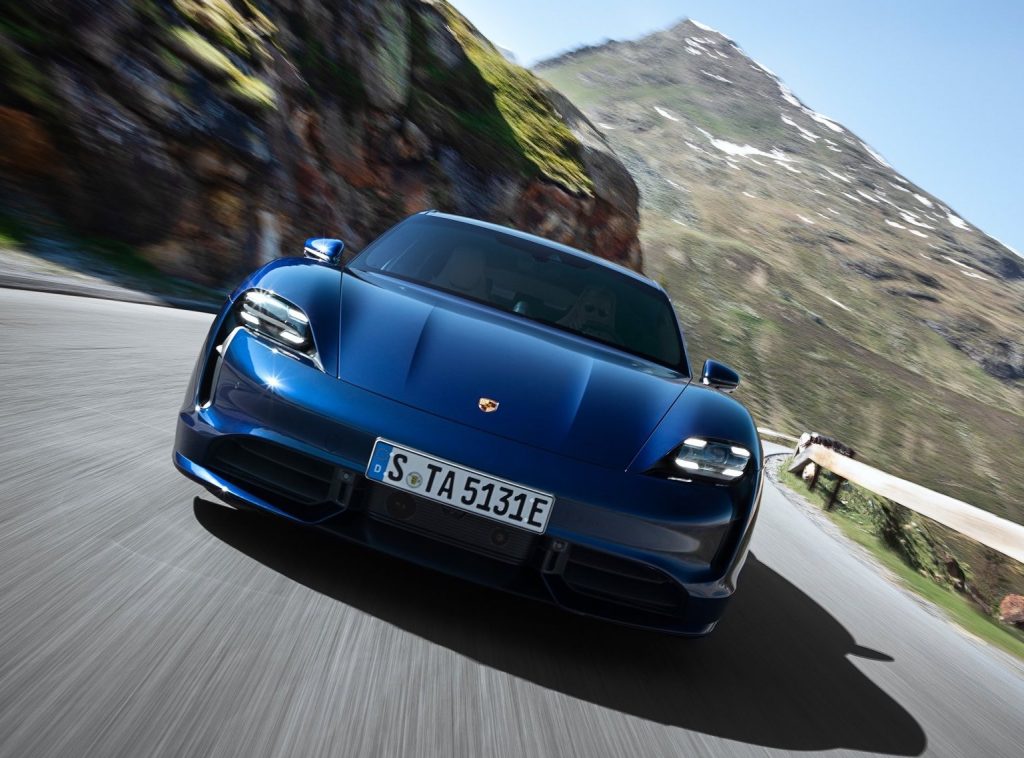
It might seem odd to some that Porsche, an automaker, is entering the fuel development and distribution business, and you’d be right. The German automaker however is currently on the look out for partners to industrialise this process. They meanwhile are just currently experimenting on determining the right spec of fuel for their combustion engine. In fact, Porsche’s home-brew has been tested on a number of air-cooled 911s with promising early results.
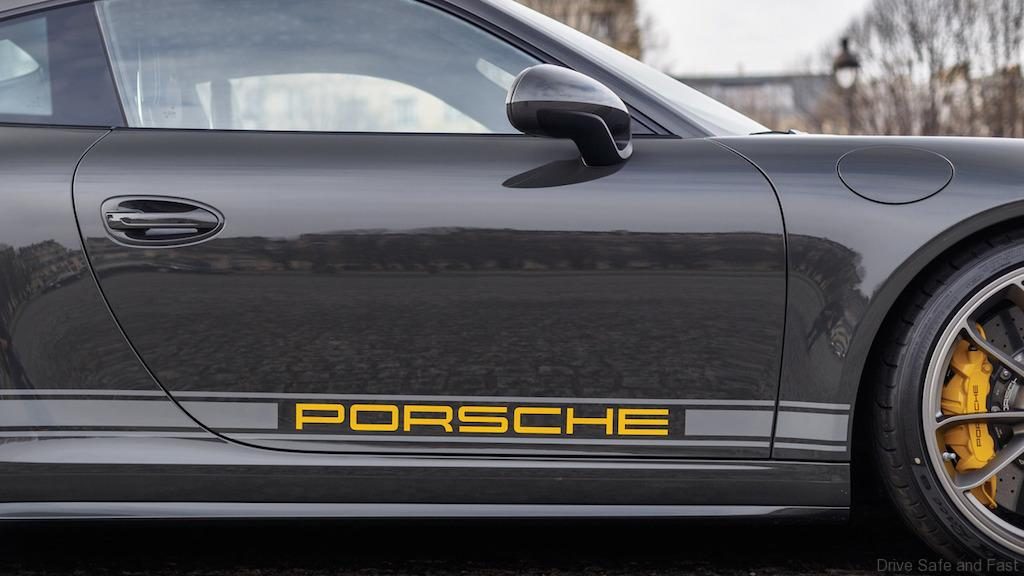
The main stumbling block currently aside from the whole distribution business for these eFuels will probably be the price, which currently stands at around $10 (RM 41) per litre. No matter which way you cut it, that is quite a lot for any kind of fuel. Porsche is promising that it will probably be around $2 (RM 8) per litre when/if it hits the mass market.
Then again, even at RM 43 per litre, it will probably still be worth it once in a while to hear the thrum of a flat-six, growl of a V8 or a bellow of a V12.
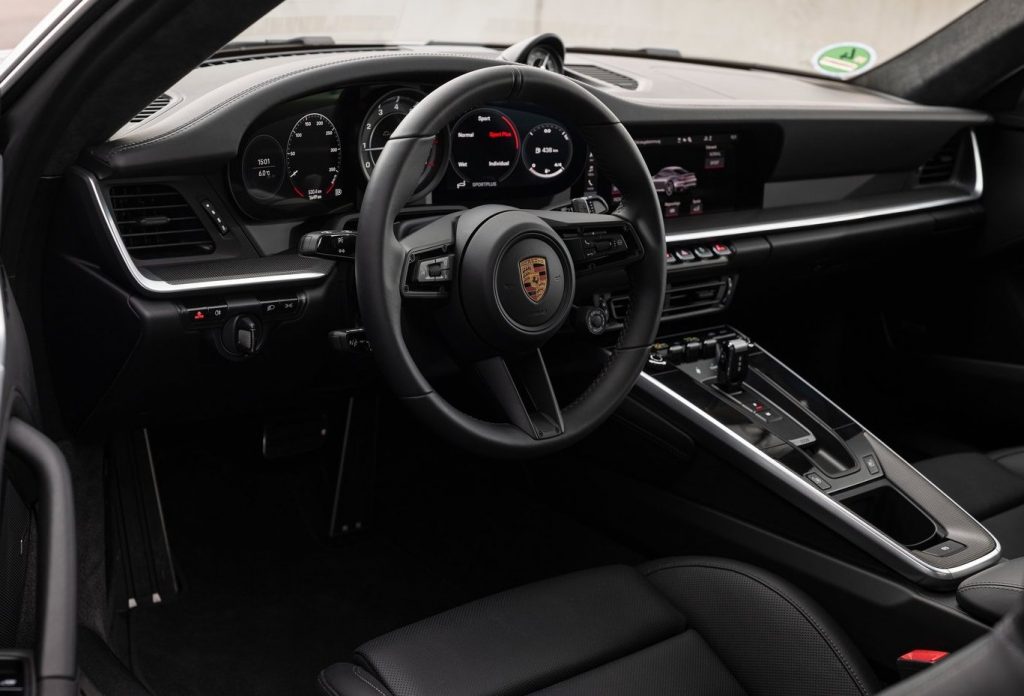
PRESS RELEASE: Although synthetic fuels are considered a realistic alternative to make car traffic more climate-friendly, availability is poor. Porsche wants to change this. “With electricity alone, you can’t move forward fast enough,” says Michael Steiner, who is in charge of R&D at Porsche.
In the future, Porsche wants to significantly and independently drive forward the development of synthetic fuels, known as eFuels. “This technology is particularly important because the combustion engine will continue to dominate the automotive world for many years to come,” says Michael Steiner, Member of the Executive Board, Research and Development. “If you want to operate the existing fleet in a sustainable manner, eFuels are a fundamental component.”

“We have a team that is looking for suitable partners who want to build pilot plants with us and prove that the entire process chain works and can be industrialised,” says Steiner. “Porsche wants to help shape this chain, but at the same time, doesn’t want to define it down to the smallest detail alone.”
In the future, both current and historical models of the existing fleet should be able to benefit from eFuels.
Steiner would like to be able to influence the specifications of a new synthetic fuel: “We absolutely want to help with this process so that the fuel is suitable for high-performance engines.” Problems like those encountered with the introduction of E10 should not be repeated. “When E10 came onto the market, the blend had some disadvantages. It must be different this time: it must have advantages.”
Steiner admits that it is far more efficient to simply charge an electric car with regenerative energy directly on the spot than to use it to produce a synthetic fuel in an elaborate process. However, he does not want to accept this argument forever either. “If humanity succeeds in using the regenerative energy that is available in surplus worldwide, we can prioritise sustainability over efficiency.”
For CO2 fleet emissions, however, the use of eFuels would not currently help. “For us, it would actually not be creditable here and now in the vehicle fleet,” says Steiner. “But there are countries like Switzerland that are moving in this direction.” Steiner believes it would be wrong to wait for new legal requirements to be introduced. “If we all always wait until all the regulatory issues have been dealt with and only then start to develop, it will be too late”.
